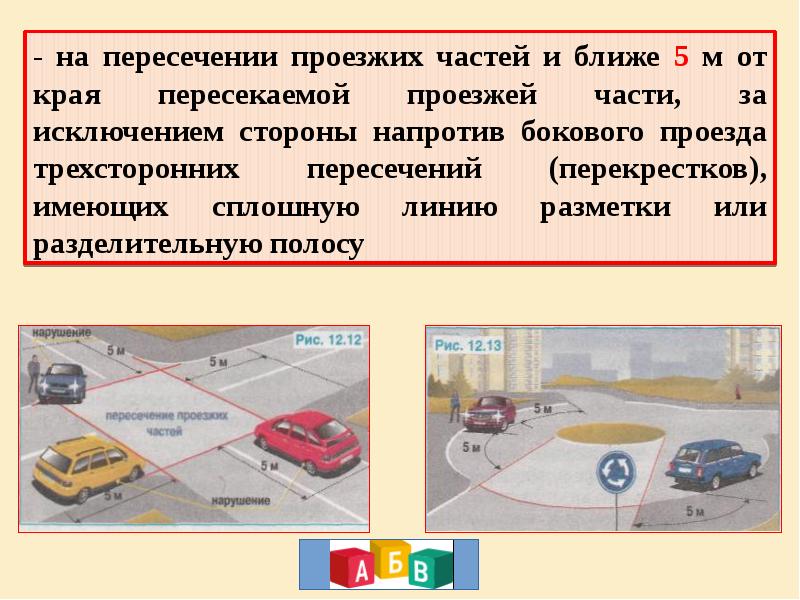
Maryland Parking Laws: Understanding the Basics
Drivers in Maryland are responsible for making sure their vehicles are not a hazard when they are parked. Maryland law requires a vehicle to be kept away from traffic lanes so that it does not interfere with traffic. It should also be visible to vehicles approaching your vehicle from both directions. Always try to park in designated parking areas to make sure you are not breaking the law.
It's always best to park as close to the curb as possible. Try to get closer than 12 inches to the curb. There are a number of rules about where you can and cannot park that are enforced throughout the state.
Parking rules
Drivers are prohibited from parking in front of a fire hydrant. This is common sense for most people. If you parked in front of a hydrant and the fire truck had to get to it, you could cost them precious time. Also, they will most likely damage your car to get to the hydrant, and they won't be held responsible for that damage in case of an emergency when they need a hydrant. You will most likely also be fined for parking too close to a fire hydrant.
Drivers are also not allowed to park in the school zone. This is necessary for the safety of students, as well as to restrict traffic. When parents pick up their kids, if everyone just parks in the school zone, traffic will quickly become chaotic. You also must not park in the loading areas. These areas are important for retailers that need to load and unload goods. If you park there, it will create inconvenience for them.
Maryland drivers are also not allowed to double park. Double parking is when you park on the side of the roadway of an already parked car. Some people may not think it's a problem if they're only stopping to let someone out or pick them up, but it's still illegal and can be considered dangerous. For example, there is a possibility that another car could hit you from behind. In addition, it will definitely slow down the flow of traffic.
Keep in mind that different cities in the state may have different parking laws and regulations. Drivers should make it a point to know and obey local laws. They also need to check the signs when they park to make sure they are not parking in an area where there is no parking. Parking fines may also vary from city to city.
Always check your surroundings when you park your car and ask yourself if it's dangerous. Common sense when parking can help you avoid danger and fines.
